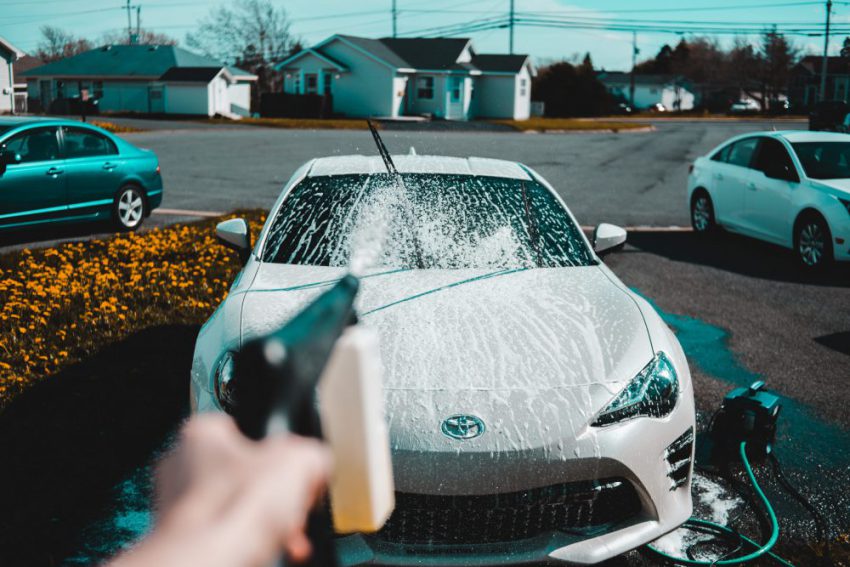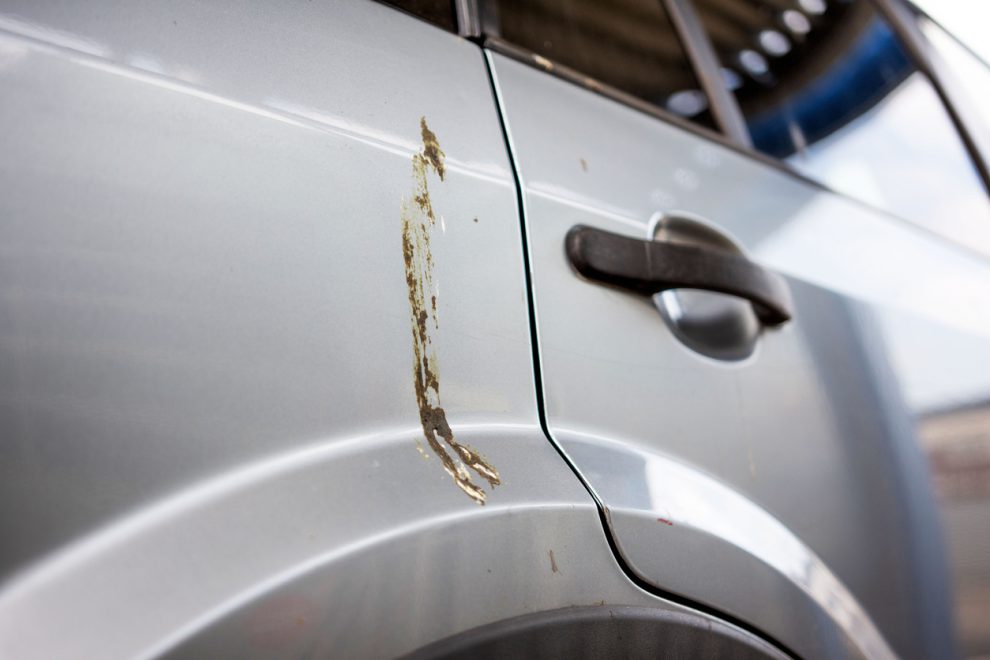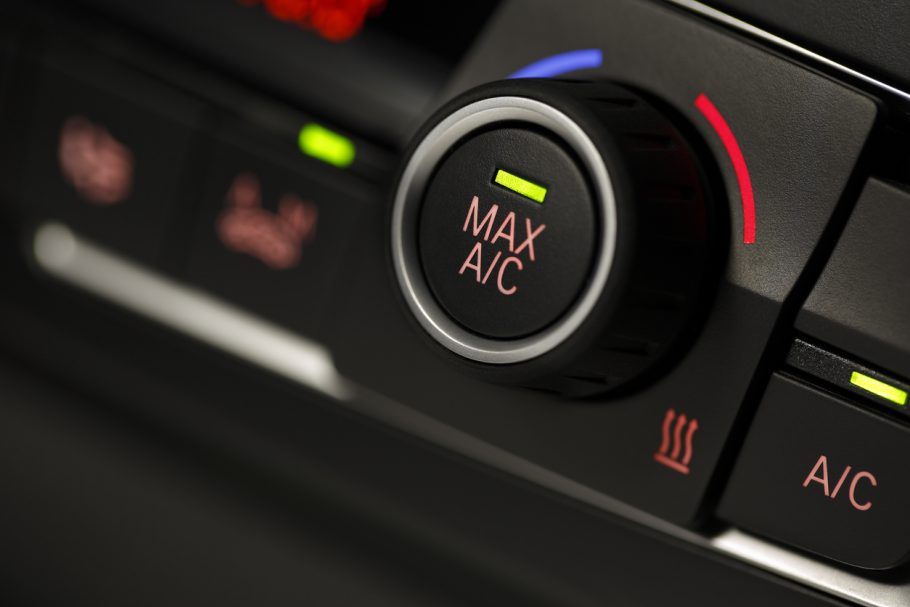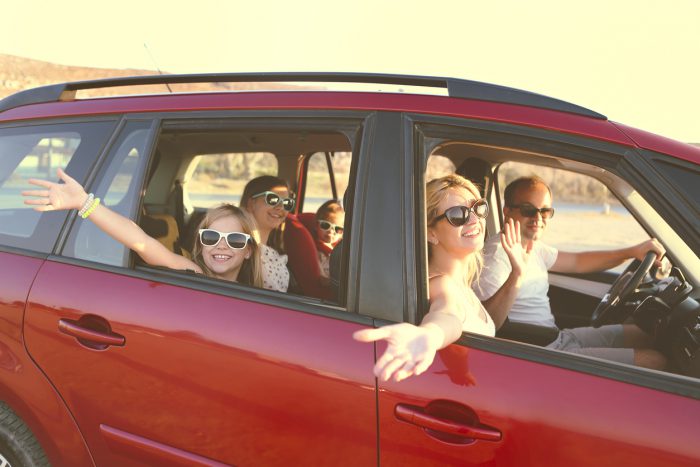If you have a big road trip planned for summer, you’re probably focusing on planning routes and packing the essentials, but don’t forget your breakdown cover.
Continue reading

If you have a big road trip planned for summer, you’re probably focusing on planning routes and packing the essentials, but don’t forget your breakdown cover.
Continue reading
We know it’s a British stereotype to chat about the weather, but come on. Summer 2023 is already a weird one. After one of the wettest winters on record, the UK is now seeing scorching temperatures, warm thunderstorms, and weather warnings.
When it’s 30 degrees one minute and thunder’s echoing around your house the next, vehicle care can get confusing. Here’s the latest on what to prepare for, and how to prepare.
Continue reading
Many of us think of winter as being the most testing season for cars. But actually summer throws up just as many challenges. Here we look at some of the main ones and offer some handy summer motoring hacks that will help you to preserve your car’s value and ensure safe, comfortable and trouble-free motoring.

We take air conditioning for granted now that it’s fitted in even the cheapest cars. But how much do you actually know about it? And will some of our questions about what keeps you cool make you all hot and bothered? Take our air conditioning quiz to find out.
Continue reading
With restrictions in the UK lifting and school holidays approaching, increasing numbers of us will be hitting the road. And that means our cars will be getting a serious work out.
Our five summer tips are designed to ensure they – and you – cope with the miles you cover comfortably, reliably and above all safely.

Legal or not? Find out whether it’s against the law to drive in flip flops (Picture iStock/JordanSimeonov)
Whether it’s hot or cold, extremes in temperature pose problems for drivers. And when the weather’s doing something we’re not used to, we need to know how to react. Here we bust seven popular hot weather motoring myths.

Drivers often check their car during the poor weather that rolls in with the winter. But those everyday safety checks are just as relevant in the summer. And whether motorists are simply commuting to work or planning a great escape to France for the summer holiday season, these pointers could keep drivers and their family safe and ensure they stay on the right side of the law.
Naturally, the Green Flag blog has lots of helpful advice on how to look after a car. But to encourage more drivers to consider their car’s general condition, we thought it was time to test everyone’s car knowledge and common sense – with our summer driving quiz.
So flex those brain cells and give it a go. After all, it could help you have a smooth roadtrip this summer.

You’ll quickly know if the air-con is working or not in hot weather
Air-conditioning in our cars is something we’re beginning to take for granted. But for many drivers the hot summer sun is going to expose a problem they didn’t know they had: their air-con isn’t up to the job.
The reason for this, and something not every car owner realises, is that air-conditioning needs regular servicing. And it’s not usually attended to when a car has its regular service.

In sunny weather, drivers of convertible cars should apply suncream – whether the roof is open or closed (Picture © Ford)
The arrival of the sun comes with a serious risk for drivers and their passengers: skin cancer. Drivers of cars with a convertible roof will already be aware of the harmful side effects of the sun’s rays. But studies in the US (where cars are left-hand drive) have discovered that for drivers, the left side of the head, neck, arm and hand receive up to six times the dose of UV radiation as the right side. This makes drivers more susceptible to skin cancer on their left sides. In the UK, where cars are right-hand drive, driver’s right sides will be more vulnerable. Read our guide to this invisible problem and how to guard against it. Continue reading